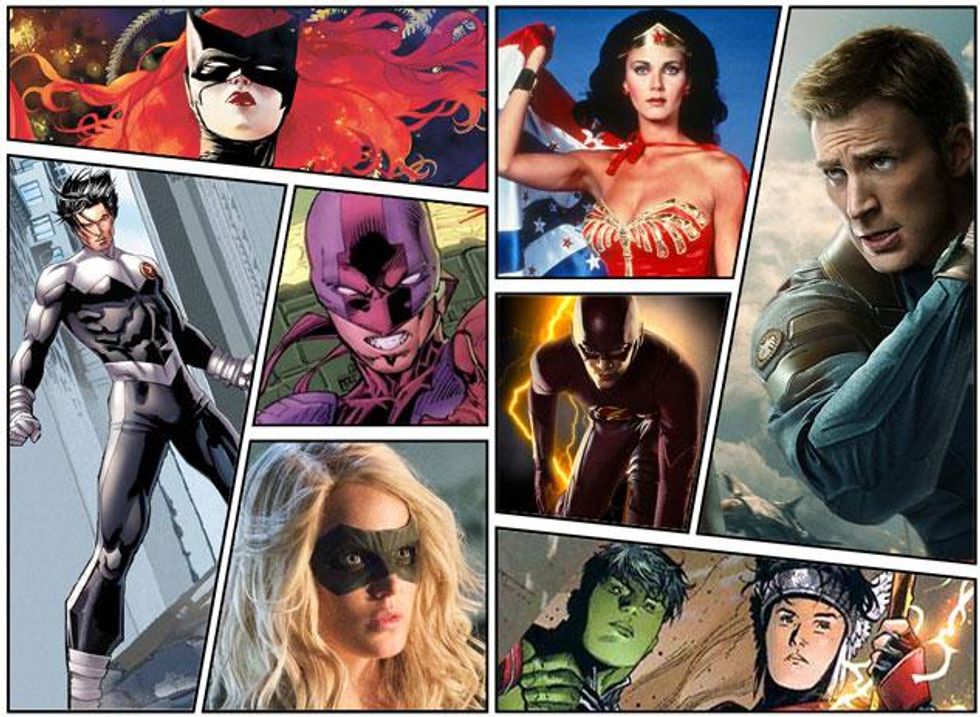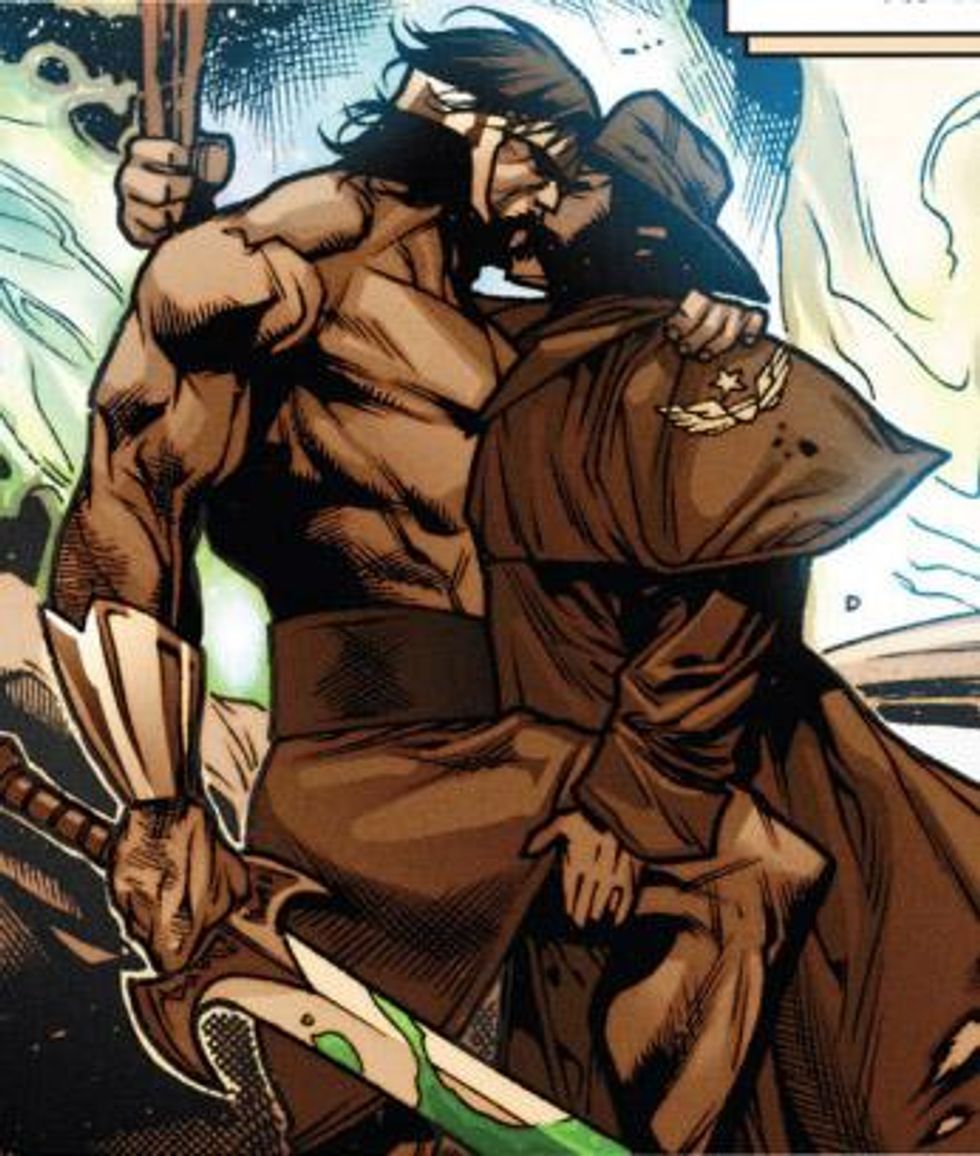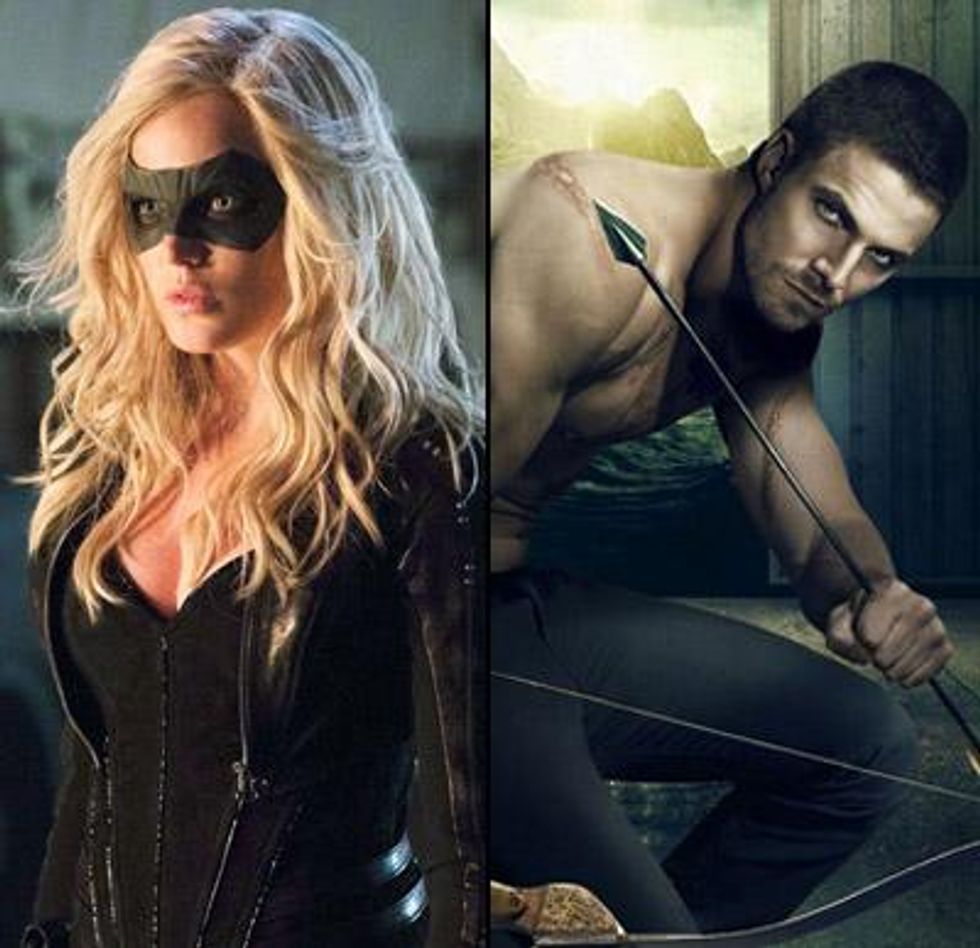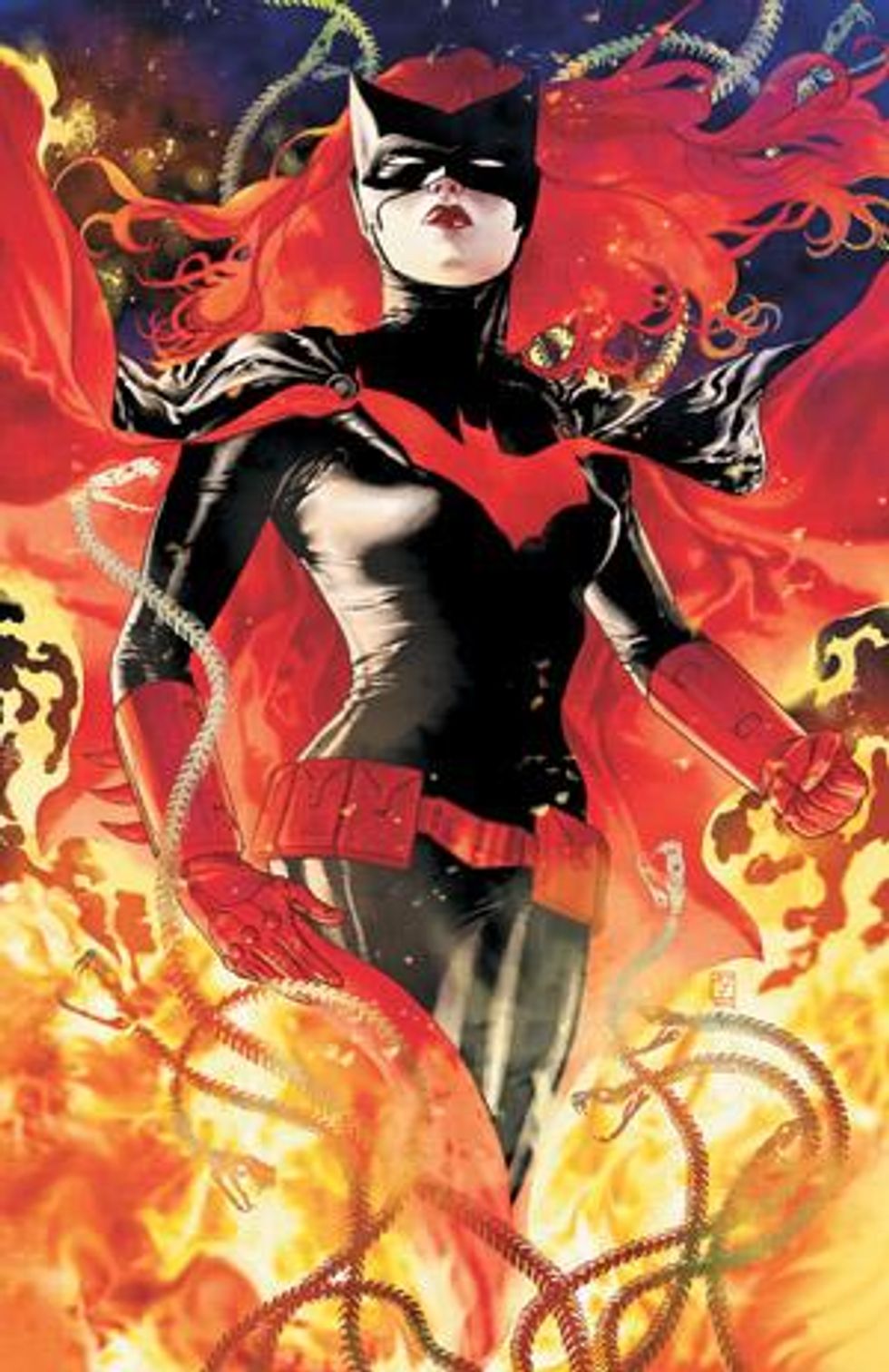
Are Hollywood studios missing out on greater box office success by excluding LGBT characters from their biggest superhero franchises?
April 18 2014 6:00 AM EST
By continuing to use our site, you agree to our Privacy Policy and Terms of Use.


With heroes such as DC Comics' lesbian caped crusader, Batwoman, and Marvel Comics' gay teen power couple, Hulkling and Wiccan of the Young Avengers, a diverse spectrum of LGBT characters can currently be seen battling evil alongside icons such as Wonder Woman, Superman, and Wolverine. But while LGBT visibility in comics is growing faster than a speeding bullet, Hollywood's unstoppable superhero scene is evolving at a snail's pace. It's an oversight that is beginning to raise the eyebrows of not only LGBT fans who desire to see a fundamental aspect of their lives reflected in the empowering fantasies the genre provides, but several of Hollywood's biggest and rising stars as well.
Amazing Spider-Man 2 star Andrew Garfield stoked the fires last summer when he simply asked Entertainment Weekly, "Why can't we discover that Peter [Parker] is exploring his sexuality? It's hardly even groundbreaking! So why can't he be gay? Why can't he be into boys?"
Garfield's comment kicked off a lively debate for weeks, and he's not the only one making such suggestions. Out rock musician and songwriter Linda Perry echoed Garfield on the red carpet of the 2014 MTV Movie Awards. "Well, I'd love to see Supergirl be this, like, big-ass fucking dyke that pounces down on villains across the world," she said when I asked her if she thought American audiences would accept an out superhero on the big screen. "Why can't Supergirl be a badass dyke?"

Nevertheless, with hundreds of millions of dollars riding on each superpowered adventure, and the ever-present fear that a film could prove to be more box office Kryptonite than movie of steel, it's understandable that studios are fearful of anything that may derail a lucrative franchise. However, the changing attitudes of young people -- the target audience of such films - is evidence that the fear of including LGBT people in any form of entertainment is not only outdated, it could be obstructing bigger box office success.
Seventy-five percent of millennials (those aged 18 to 32 today) and 62 percent of Gen Xers (age 33 to 48 today) believe "homosexuality should be accepted," according to a 2013 survey conducted by the Pew Research Center. But it's the actions of an overwhelming number of millennials that prove they are largely the first generation to view LGBT people as simply human rather than "other." This could be due in part to the increasing way in which many of them view their own sexuality -- not as gay or straight, but somewhere in the space between, or undefinable.
Take, for example Josh Hutcherson's 2013 interview with Out magazine in which the Hunger Games star described himself as "mostly straight" and said he believed "defining yourself as 100 percent anything is kind of near-sighted and close-minded."
Millennials are even content finding inspiration in both our heroes and real-life stories. When I recently asked Andrew Schultz of MTV's Guy Code who the first out character was who inspired him, he answered without hesitation. "Omar from The Wire," he said, adding, "I was Omar for Halloween. Omar was the coolest character I've ever seen on television, gay or straight. They made the baddest dude on the show gay!"

It would appear the creative minds behind the CW network's superhero hit Arrow, based on DC Comics' Green Arrow, agree with Snooki. In its second season, the series has introduced a large number of characters from across the DC universe, including a bisexual incarnation of the fan-favorite female martial arts master Black Canary, which is a first for a live-action superhero series based on a property from a mainstream comics publisher. The inclusion of an LGBT character among the cast of Arrow has helped expand the diversity and appeal of the show, while proving that out characters are not only accepted by a young demographic, they are celebrated. Since the introduction of Black Canary, Arrow's ratings have continued to hold strong. It was one of five shows the CW announced for early renewal in February, and it continues be the network's most-watched series as well as the number 1 show in its time slot among men 18-34.

Like Divergent star Theo James said in a recent interview with The Advocate, "Hopefully the day [we have a gay action hero] isn't far away." Besides, a solo Batwoman film may turn out to be one of the superhero genre's biggest blockbusters yet.
JASE PEEPLES is The Advocate's entertainment editor and a contributor to Out and Gay.net. He lives in Los Angeles. Follow him on Twitter @JasePeeples
Charlie Kirk DID say stoning gay people was the 'perfect law' — and these other heinous quotes